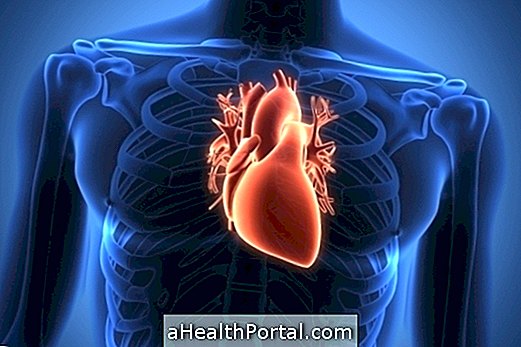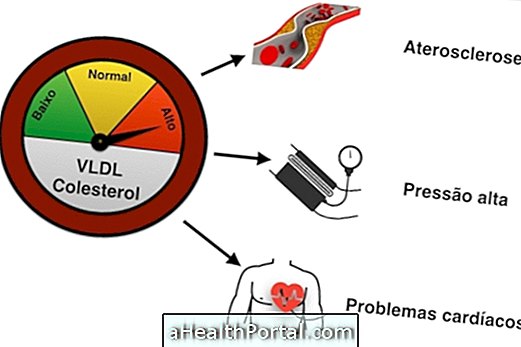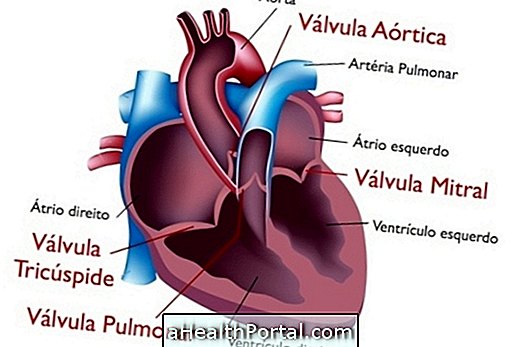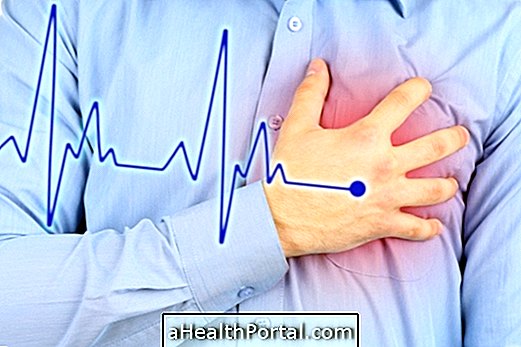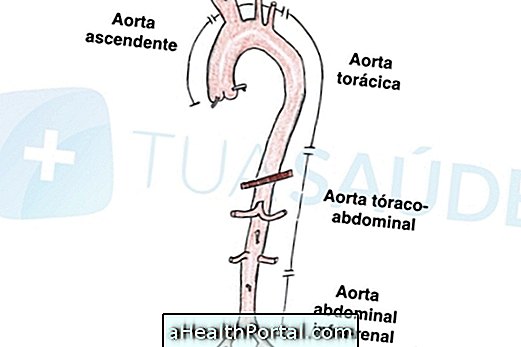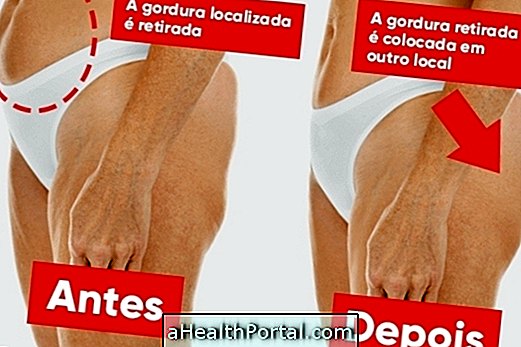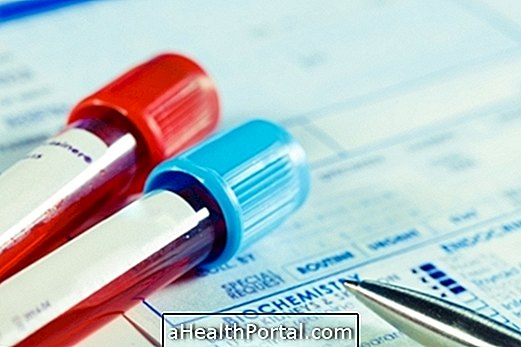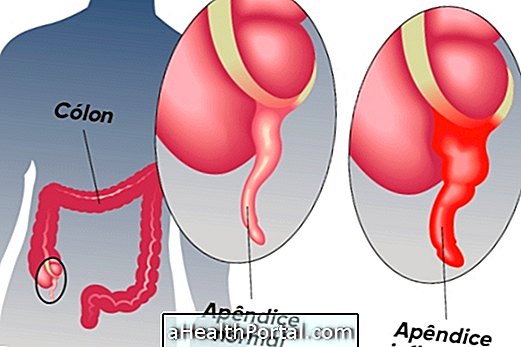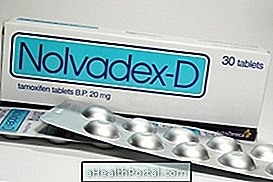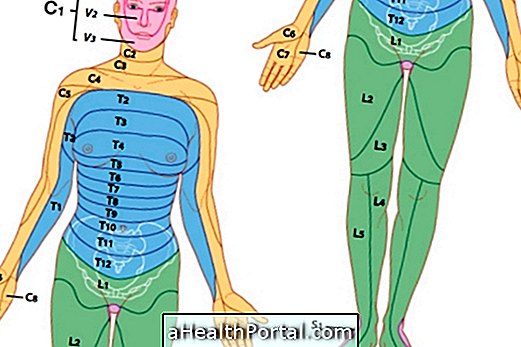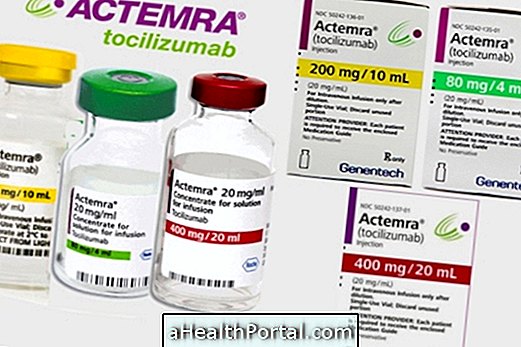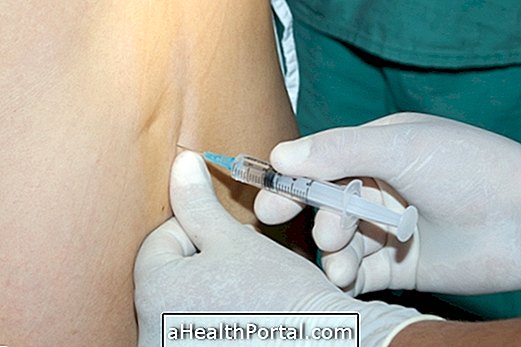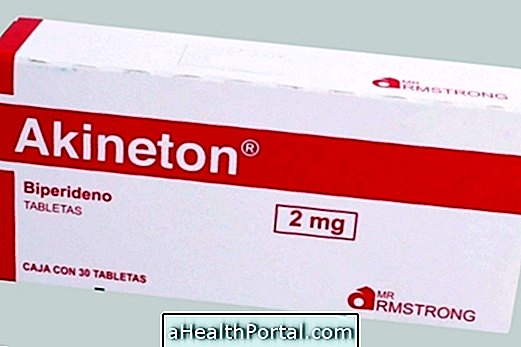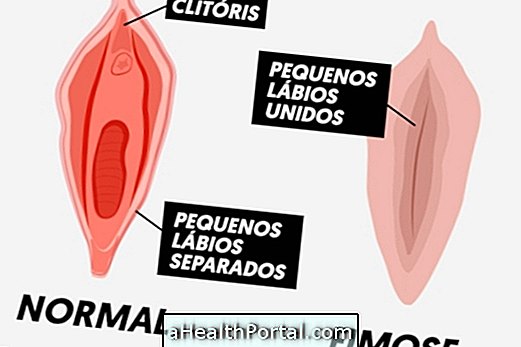Serious heart disease occurs when the heart begins to lose its functional capacity due to some disease or congenital abnormality. Severe cardiopathies can be classified into:
- Chronic severe cardiomyopathy, which is characterized by progressive loss of the heart's functional capacity;
- Severe acute cardiomyopathy, which has a rapid evolution, leading to a sudden decrease in heart functions;
- Severe terminal heart disease, in which the heart can not adequately perform its functions, decreasing the person's life expectancy. Those who have severe terminal heart disease usually do not respond to drug treatment and are not candidates for surgery to correct heart failure, most often heart transplantation.
Severe heart conditions can result in major disability in the personal and professional life of the patient, as well as physical and emotional exhaustion. Congenital heart disease is one of the major types of severe heart disease and is characterized by a defect in the formation of the heart still inside the mother's belly that can lead to compromised heart function. Learn more about congenital heart disease.
In addition, congestive heart failure, arterial hypertension, coronary insufficiency and complex arrhythmias are diseases that may be associated with severe heart diseases or even worsen the condition, leading to severe terminal heart disease, for example.

Main symptoms
Symptoms related to severe heart diseases depend on the degree of disability of the heart, and may be:
- Difficulty breathing;
- Chest pain;
- Signs and symptoms of low blood flow to the brain;
- Tiredness after great efforts;
- Heart palpitations.
Severe cardiopathy may present major physical limitations in the development of its day-to-day and on-the-job functions, depending on the type and severity of the disease that is associated with heart disease. For this reason, the government grants benefits to people with serious diagnosed heart diseases, since it can be a limiting disease.
The diagnosis of severe heart diseases is done by the cardiologist through the evaluation of the patient's clinical history, as well as exams such as electrocardiogram and resting and moving echocardiogram, exercise test, chest x-ray and angiography, for example.
How is the treatment done?
Treatment for severe heart disease depends on the cause and is determined by the cardiologist, and can be done by:
- Use of medications, most often venous;
- Placement of intra-aortic balloon;
- Surgery to correct cardiac change.
In the most severe cases, heart transplantation may be recommended, which is more appropriate for people with severe terminal heart disease, where, due to loss of cardiac function, the person's life expectancy is compromised. Learn how heart transplantation is done and how recovery is done.
